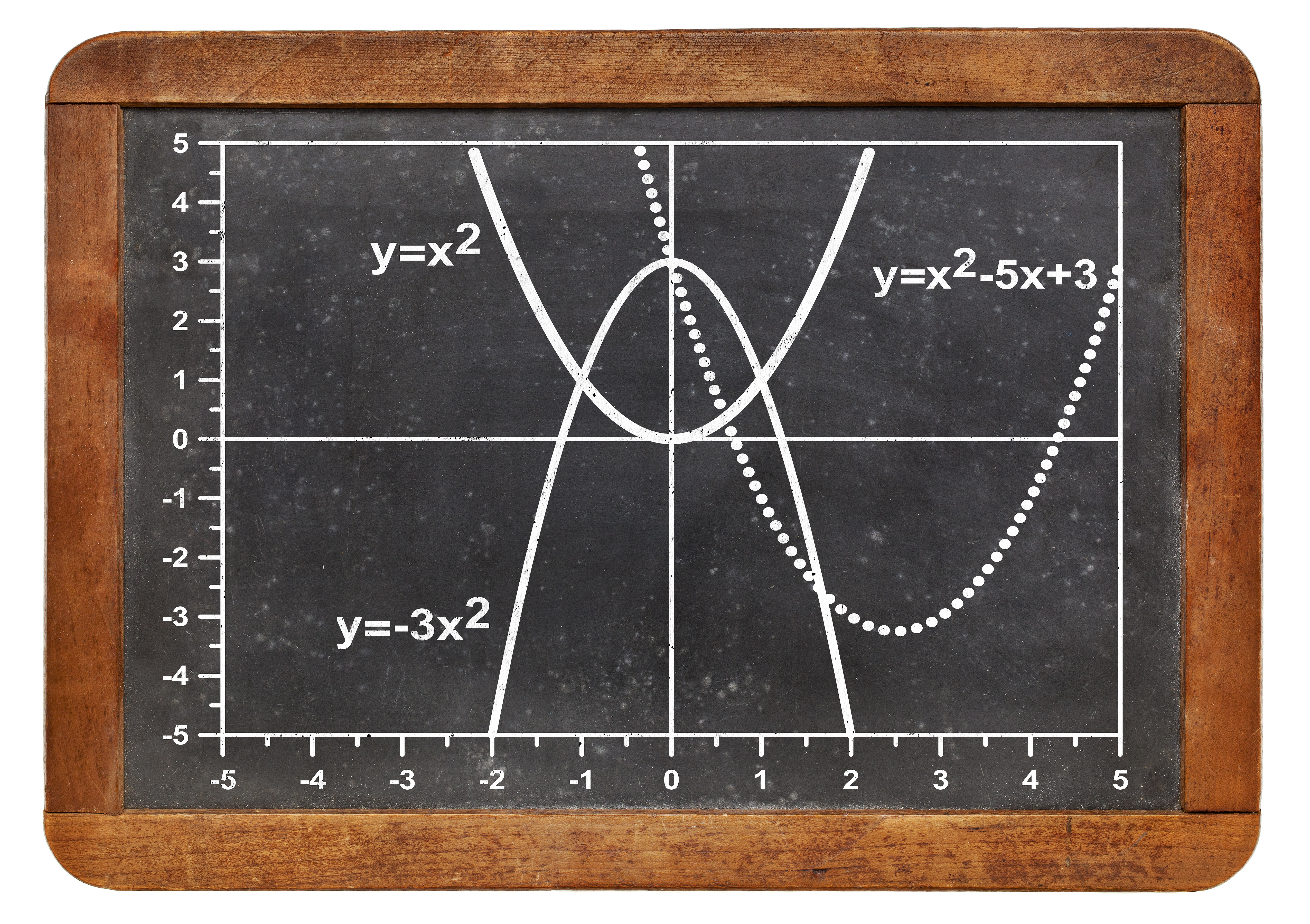Oxford researchers are taking part in an international study to film the teaching of quadratic equations for secondary school pupils. The hope is that lessons will be learned on how to bring out the best in pupils learning about mathematics.
Over the next few months, video cameras will appear in secondary schools across England that have chosen to take part in an international study to observe maths lessons focused on quadratic equations. Researchers from the University of Oxford have joined forces with the Education Development Trust to undertake the study in England, which will involve up to 85 schools from different parts of the country. The research team has to enlist 85 teachers and around 1,200 pupils, so they can analyse video footage of different teaching practices and pupils’ responses to assess what works best. Schools in Oxfordshire will be among those approached about taking part in the pilot.
The research project is led by Education Development Trust, working with Dr Jenni Ingram and Professor Pam Sammons from the Department of Education at the University of Oxford. They will analyse how pupils’ attitudes toward quadratic equations are linked with their progress and results, and observe how teachers’ attitudes and methods affect outcomes.
Dr Ingram said: 'We believe this study will improve our understanding of the relationships between a range of teaching practices and various student outcomes, including their enjoyment of mathematics, mathematical knowledge and engagement with learning.'
Professor Sammons added: 'The findings will provide important new evidence to inform policy and support teachers' classroom practice and professional development.'
This study will improve our understanding of the relationships between a range of teaching practices and various student outcomes, including their enjoyment of mathematics
Dr Jenni Ingram from Oxford's Department of Education
England is one of nine countries taking part in the Teaching and Learning International Survey (TALIS) Video Study. The pilot, run by the Organisation for Economic Co-operation and Development (OECD), will also study the teaching of mathematics across Japan, Chile, Mexico, Columbia, Spain, USA, China and Germany, with a total of 750 maths teachers internationally taking part. Teaching professionals chose the theme of the research study after being contacted by TALIS. A dedicated videographer will work with schools in England that opt to take part, and the project will only film children with the consent of parents and guardians involved.
Anna Riggall, head of research at Education Development Trust, commented: 'Teachers in some of the most celebrated education systems routinely watch other teachers to learn more about their own teaching. We are not just talking about classroom observation for performance management or an individual teacher's professional development, but instead videoing and analysing carefully the elements of teaching that take place. By doing this in a systemic way, we can learn a great deal about what teachers do and how pupils respond and this will all be shared to allow others to learn.'
Videographer Kim Morrison, from Education Development Trust’s London Connected Learning Centre, says schools are increasingly using digital technologies to help improve teaching methods: 'Classroom video observation gives teachers the opportunity to take control of their own professional development, enabling them to try out new strategies and interventions. The technique provides flexibility, allowing teachers to reflect on their success and areas for development alone, or with colleagues at a convenient time. As more and more professionals use online training programmes to develop their skills, video observation gives teachers an exciting opportunity to collaborate and share best practice with colleagues from across the globe.'
The data will be gathered systematically and then coded so particular individuals or schools will not be identified from the results. Unlike the OECD PISA global education survey, the TALIS video study will not rank different countries according to pupil performance. In 2013, TALIS carried out another study exploring the effectiveness of different teaching practices more broadly.
